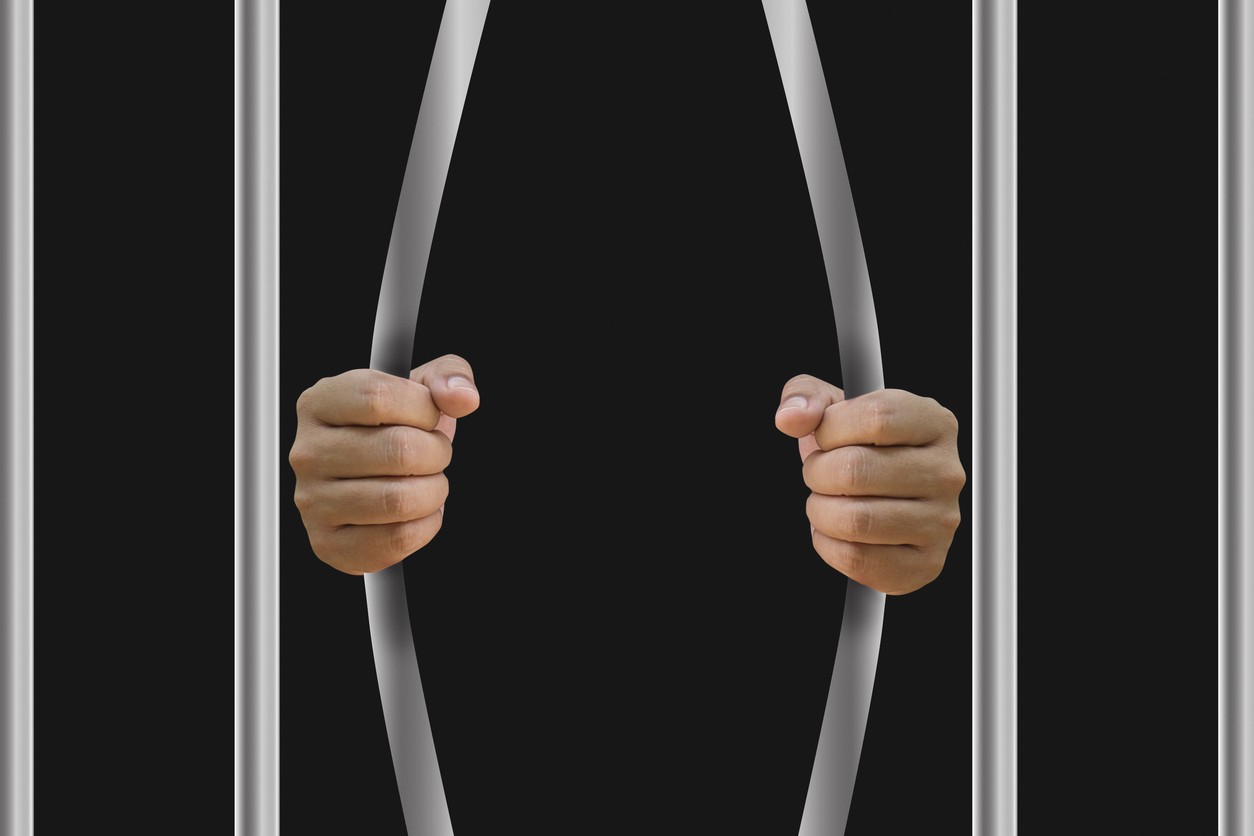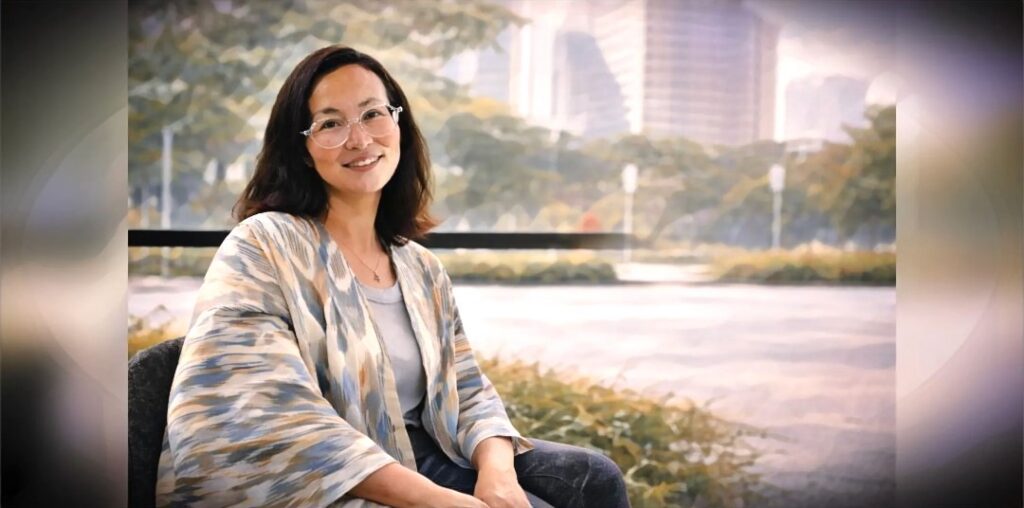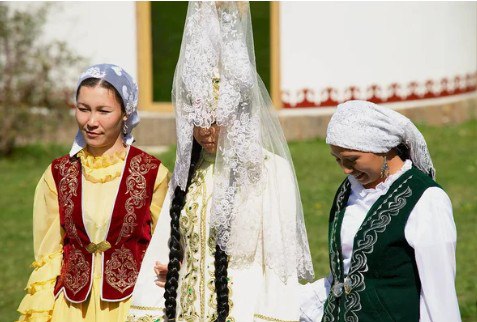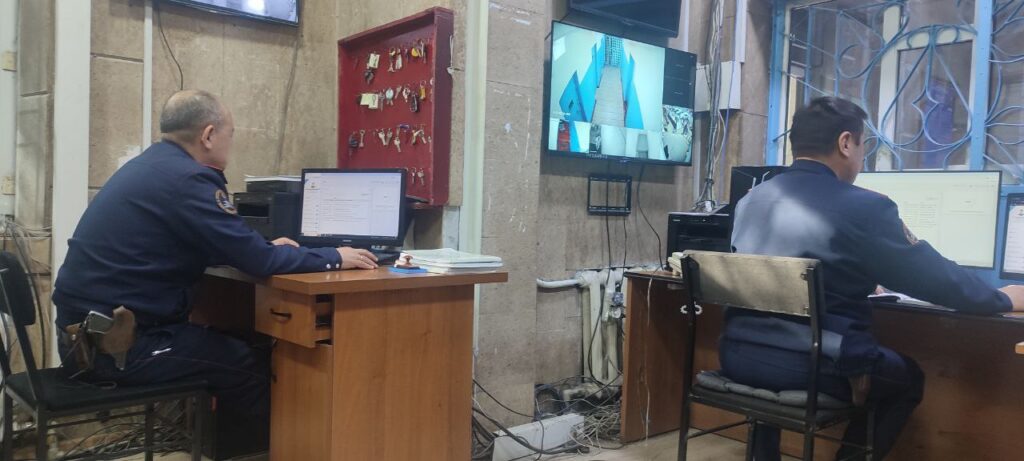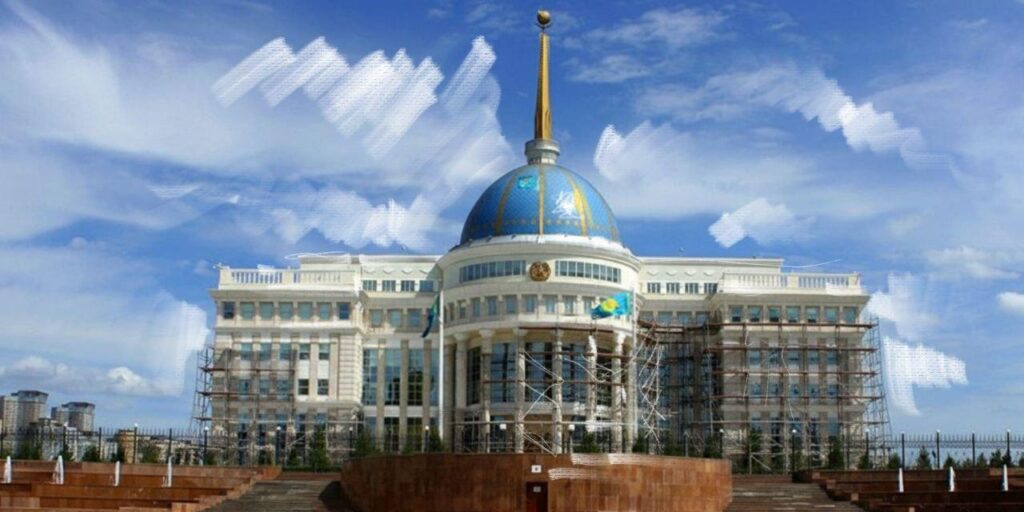In response to data issued by international experts citing the current level of human trafficking in Kazakhstan, President Kassym-Jomart Tokayev has just signed a law to address the situation.
First and foremost, the new law aims to protect and provide social support for victims, the majority of whom are migrant workers, people with disabilities, solitary pensioners, young women and children.
Referencing statistics, First Deputy Minister of Internal Affairs Marat Kozhaev announced that 19 criminal cases were opened in Kazakhstan for child trafficking in 2023, with an additional six already logged this year. He explained that most of the children are sold within the country to meet the demand of people unable to have their own. Such cases involve staff from perinatal centers and orphanages, as well as people with unwanted pregnancies.
Child trafficking is a lucrative business which continues apace despite the threat of a jail sentence of up to 18 years. According to the police, there were cases this year of parents asking for between KZT100,000 to KZT2 million, equivalent to 208 -4,168 US$, for their new-borns. Young mothers often look for potential buyers online, even while pregnant.
Under the recent law, the Criminal Code has been amended to include “crimes related to trafficking in persons”, covering kidnapping, unlawful confinement, human trafficking (including trafficking minors), prostitution, etc. Amendments have also been made to the Administrative Code aimed at preventing the sale of children, including new-borns, through the introduction of the clause: “Failure of officials to report incidents of abandonment of new-borns, admission and delivery of orphans and children without parental care.”
Incidents of human trafficking are invariably tragic. In most cases, the victims usually poor or homeless, are taken by force or deception to remote corners of the country, where forced to work on peasant farms, they are subjected to backbreaking labor, beatings, and a lack of medical care for months or years. The situation becomes more complicated if the victim is a migrant from Uzbekistan, Kyrgyzstan, or Turkmenistan. Such workers often without the documentation to work legally, are attracted by promises of decent pay and then literally put in chains.
Another illegal business is begging. Not long ago, on a street in Almaty, volunteers rescued a lone, elderly person who had been forced through beatings and starvation to beg for several months. As a result of the beggar’s testimony, a gang of slave traders was arrested the following day.
Enforced prostitution is also common, particularly amongst low-income families and orphans.
International experts have repeatedly warned Kazakh authorities of the need to increase its legal levers to tackle human trafficking. In 2020, the US placed Kazakhstan on its watch list which as Kazakhstan’s commissioner for human rights Elvira Azimova, said at the time, was a direct response to the country’s number of victims.
“The official numbers of identified cases of human trafficking and criminal prosecution in Kazakhstan are significantly lower than in neighbouring countries – including Kyrgyzstan and Uzbkistan – for whose population Kazakhstan is a destination. This may indicate inadequate efforts to uncover, investigate, and punish such crimes,” noted Azimova. She also drew attention to the lack of access by foreigners and stateless persons affected by human trafficking to special social services, including temporary placement in crisis centers.
Kazakhstan’s citizens have themselves become victims of human trafficking abroad. Last year, Ruslan Zhaksylykov, an official at the Law Enforcement Academy under the General Prosecutor’s Office, said that Kazakhstan’s internal affairs authorities now register more than 100 related crimes per annum and explained:
“It is not only us who have studied [the issue] but also international experts. The main reason is the high profitability of this criminal business… human trafficking. Annual profits from this crime are about $150 billion worldwide. Another reason is poverty in the country. Most of the time, our citizens are in search of a better life when they become victims of human traffickers. Lured through advertisements on social media, they go to interviews and become victims of sexual or labor exploitation.”
He names Bahrain and South Korea, among other countries, as the main channels through which Kazakhstanis are taken out of the country. Last year alone, 17 members of a transnational criminal organization were convicted for involvement in human trafficking for sexual exploitation in Bahrain, including trafficking in minors.
Last summer, the US Embassy in Kazakhstan issued a report stating: “The government demonstrated overall increasing efforts compared with the previous reporting period, considering the impact of the Covid-19 pandemic, if any, on its anti-trafficking capacity; therefore, Kazakhstan remained on Tier 2. However, the government did not meet the minimum standards in several key areas. It prosecuted and convicted significantly fewer traffickers, and civil society and government interlocutors reported legislative insufficiencies continued to hinder effective anti-trafficking enforcement and victim identification efforts. Authorities continued to identify few foreign victims, and efforts to address forced labor remained inadequate.”
According to the Global Slavery Index, in 2023, over 208,000 people in Kazakhstan lived under conditions of modern slavery, resulting in the country ranking 9th amongst 50 countries in Europe and Central Asia, and 17th worldwide.
This compares to International Organization for Migration (IOM) data showing that only 1,891 victims of human trafficking were identified and received rehabilitation assistance from the IOM and NGOs from 2004 to 2020.
Political analyst Marat Shibutov highlighting key aspects of the new law to combat human trafficking, states:
“The Criminal Code enshrines a new concept of ‘crimes related to human trafficking’… For perpetrators of such crimes, the law prohibits exemption from criminal liability due to reconciliation [with the victim]. For the first time, the law introduces criminal liability for receiving prostitution or sexual services from a person known to be a minor. The law also criminalizes the involvement of a minor in providing sexual services, including through propaganda or advertising.”
